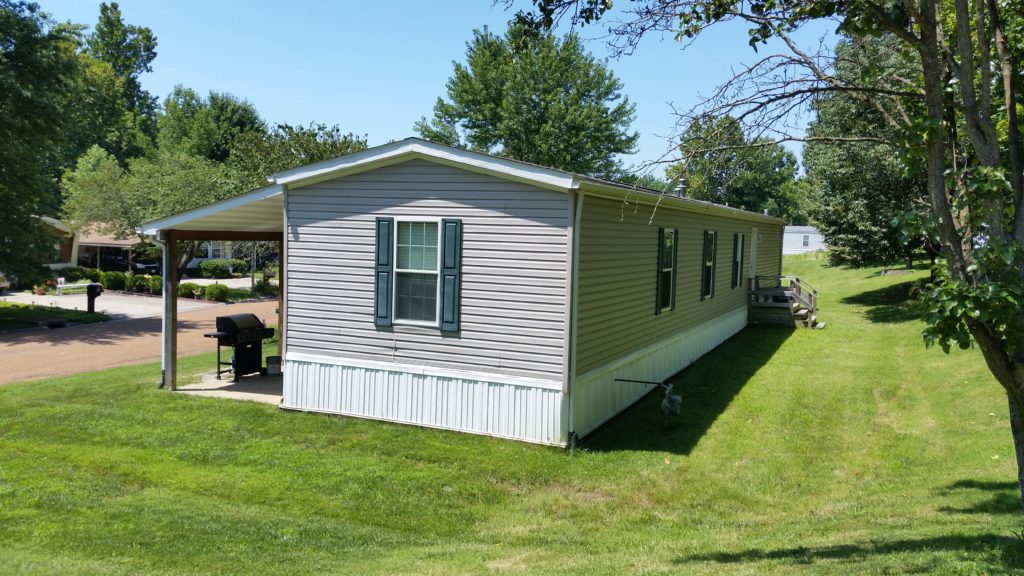04 Oct Buy and Hold or Flip
A frequent question at Illinois REIA is, “Which is Better, Buy and Hold or Flip?” Here is the short answer. It depends upon your needs. Flipping creates CA$H. Buy and Hold creates WEALTH.

Flipping
Flipping is one strategy that has a main focus on turning properties over quickly. An investor who Flips has no plans to keep their investments long term. They want to buy, rehab and sell the property in less than 12 months. If purchased and sold in less than 365 days you will pay taxes at the then current short term capital gains rate. This is normally higher than long term capital gains.
Flipping means you get your cash out sooner rather than later. A fast pay check is a great incentive for this type of investment. Flipping is a real time activity and removes most of the real estate market speculation from your investing equation. The first rule of real estate investing is that you make your money when you buy the property. Buy it right and have no true fears of the whether or not the market is rising or falling. Market Flux is irrelevant as long as you can resell the property within 12 months or less.
Buy and Hold
A second investor strategy is “Buying and Holding” a property. This type of investing “normally” builds more long term wealth than flipping. You collect the rent and hold on for the real estate to appreciate in value. This is further divided into a short term hold of five (5) to ten (10) years and long term holds of over ten (10) years. With ownership over 366 days you will be taxed annually on your passive rental income less expenses. When you sell the property it will be taxed at the lower long term capital gains rate.
Buy and Hold property owners can and do generate real wealth in the long term. Barring the occasional recession, property values appreciate at a rate greater than the rate of inflation. Here is the bonus, this appreciation is not severely impacted by what political party occupies the oval office. It is based upon economic principles not political ones.
Short Term Buy and Hold
A short term “Buy and Hold” strategy lasts 13 to 60 months. You buy the property and do the minimum rehab to get it rented. For the next five years you will use the incoming rent to replace (if needed) the furnace, air conditioner, roof, windows and siding. This strategy gets you the income of the rental unit without a big rehab budget up front. You as the landlord get the use and can charge for these property upgrades. As far as the upcoming sale goes, everything is “almost new”. Most neighborhoods will not substantially decline in five years and you should also see some appreciation at time of sale.
Long Term Buy and Hold
A long term “Buy and Hold” strategy is quite similar the short term plan except that it lasts for over 61 months. Our rental property company has owned numerous single family homes and other investments for over 20 years.

With a Long Term Buy and Hold strategy you can defer and depreciate the upgrades to the property over a longer period of time. Just remember that under current tax law the basis of any residential property is fully depreciated after 27.5 years.
The Combo Strategy
A combo strategy is to flip some properties and hold onto others. Many investors start by using the flipping strategy for the first couple of years. As their personal equity grows they then consider holding one property out of four or five to increase the number of their streams of income. The question that only you can answer is, “Should you buy & hold or flip this particular house?”
How to Decide
Neither Flipping nor Holding is the one size fits all strategy. We change as our needs do. when deciding whether or not to Buy & Hold or Flip, ask yourselves the following questions:
Do I need additional income now or in the future?
Does my income tax bracket create an advantage or a problem if I flip properties?
Are there opportunities available in the current real estate market?
Can I find a deal and still collect top dollar rents if I hold the property?
Do I have the cash reserves if my rental property needs major repairs?
Is the real estate market rising or falling at this time?
Does I need the CA$H now or can I defer it to better fit my financial goals?
Can I stomach being a landlord? If not can I hire a good property manager?
Can I get long term or short term financing?
Where is this neighborhood headed in 5, 10, 15 years?
Don’t forget to join Illinois REIA at www.ilreia.com
Summary
These are but a few of the questions you need to answer. The other question is how much risk can you handle? Real Estate investing involves risk. Almost no one is successful on every deal. They may cover it up and claim they were, but investors make mistakes every day. Do you DUE DILLIGENCE! Due Diligence helps you limit the number of mistakes you will make and hopefully keep them more manageable. Be cautious, but don’t be afraid. This is a great profession! Need an attorney for your deals go to www.Skidis.Biz and check out legalShield!
Good Luck and Good Investing!
George N, Skidis, Jr.
President and Founder Illinois REIA



No Comments